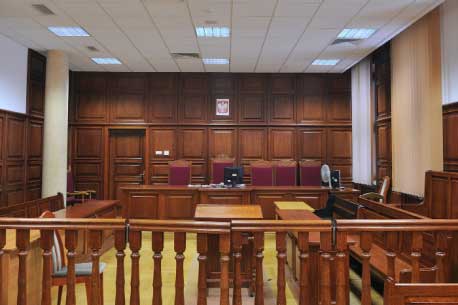The court can conditionally suspend the adjudicated penalty of imprisonment if it does not exceed one year, the perpetrator was not sentenced to imprisonment at the time of committing the offence, and the suspended penalty is sufficient to achieve the aims of the punishment (especially prevention of return to crime).
Suspending the penalty, the court takes into account primarily the perpetrator's attitude, personal qualities and characteristics, his or her previous way of life and conduct after committing the offence.
Penalty is suspended for the probationary period which lasts from 1 to 3 years and starts at the moment the judgement becomes final and binding. Suspending the penalty, the court can put the convict in the probationary period under the supervision of a probation officer or a trustworthy person, an association, institution or a community organization whose aims include care for education, prevention of moral corruption and support for convicts.
Furthermore, the court can adjudicate that the penalty previously suspended ought to be executed. If the convict in the probationary period grossly infringes the legal order, especially when he or she commits another offence, the suspended penalty can be executed. Furthermore, if the convict in the probationary period commits a similar intentional offence for which a penalty of imprisonment without conditional suspension is adjudicated, the penalty previously suspended is always executed.
[Legal status as at July 2015]



